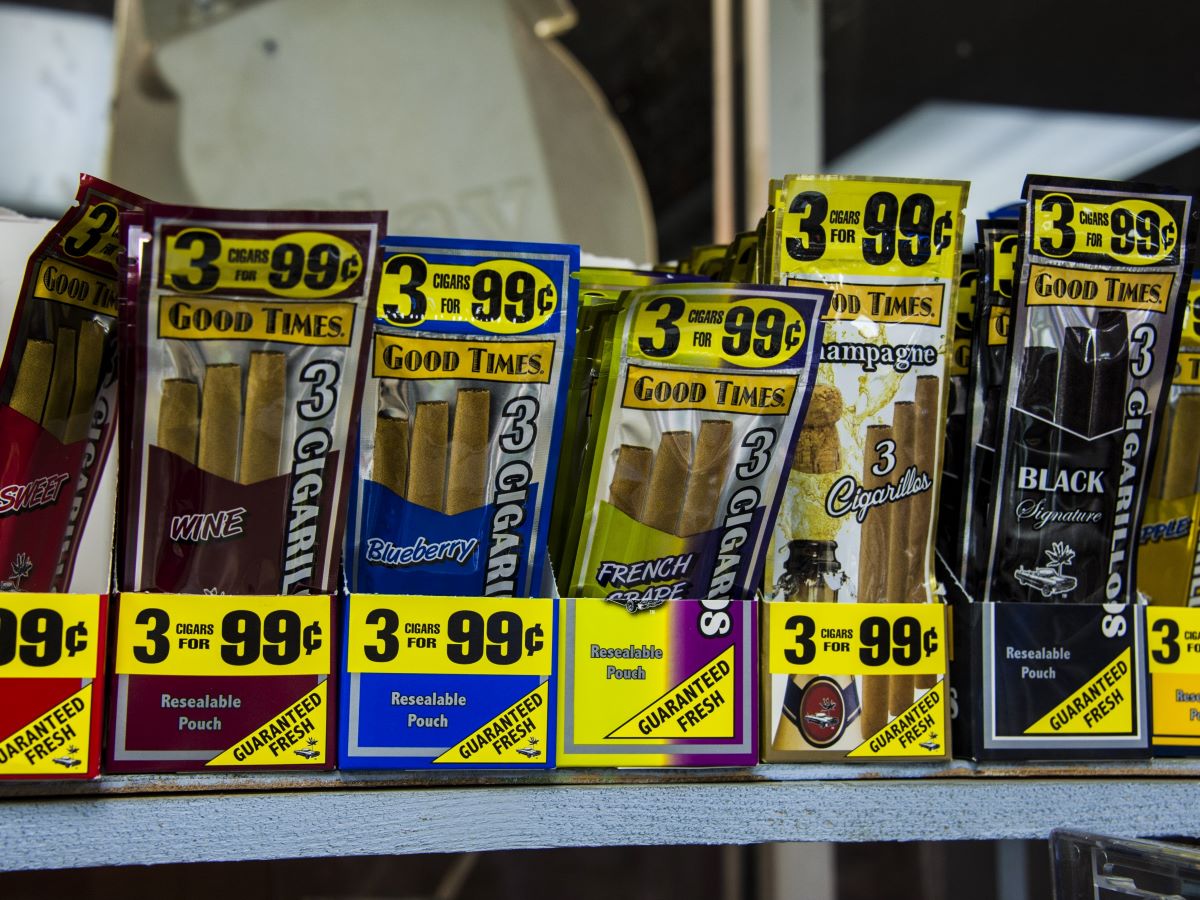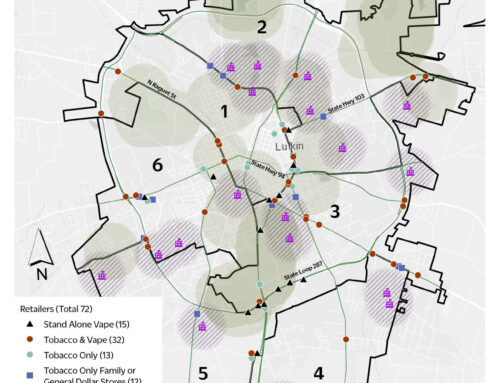We’re excited by the news that California’s State Assembly recently passed a bill prohibiting the sale of flavored tobacco products, including menthol cigarettes. We know that the tobacco industry has long targeted Black communities and youth with flavored products. Prohibiting the sale of flavored tobacco products may increase cessation rates and decrease initiation, improving overall health and making progress towards health equity.
California’s Senate Bill 793 was passed by the state Senate in June and was just passed by the state Assembly in a 58-1 vote last week. The bill now has one final vote in the Senate before being sent for approval to Governor Newsom, who has expressed support for the bill in the past.
Edit: The bill was passed and signed! Changes take effect January 2, 2021.
As written, SB 793 would ban the sale of tobacco products with a ‘characterizing flavor’, defined as the presence of a distinguishable taste or aroma other than tobacco; under this definition, flavored e-cigarettes, smokeless tobacco, and cigars in all flavors from fruit to mint to candy, as well as menthol cigarettes, would be removed from the market. Exempt from the bill are flavored hookah tobacco (also called shisha), “premium” cigars, loose leaf tobacco, and marijuana.
Despite significant industry push back and even a targeted ad campaign, the bill, once passed, will be a major victory for the health of the public. Big Tobacco has long targeted Black and African-American individuals and communities with menthol products, ultimately leading to 85% of all Black individuals who smoke using menthol cigarettes. As well, in California, more than 85% of youth who vape e-cigarettes or smoke cigars choose a flavored version. Industry talking points make claims that the bill would further increase the criminalization of already marginalized and over policed groups. However, we would like to make clear that the bill would not criminalize purchase, use, or possession of flavored or mentholated tobacco products. Rather, retailers would be responsible and face penalization for illegal sales. While the product exemptions make it less comprehensive than the Massachusetts state policy and leave room for improvement, the policy represents a major step towards health equity.
The 2009 FDA ban on flavored cigarettes provides evidence that this strategy works. The ban was associated with a 17% reduction in the probability of middle and high school youth becoming smokers and among existing youth smokers, a 58% reduction in the number of cigarettes smoked. In recent years, over 20 US jurisdictions have extended this restriction to menthol. The inclusion of menthol in policies is long overdue, and a current lawsuit from the The African American Tobacco Control Leadership Council (AATCLC) and Action on Smoking and Health (ASH) calls for action from the FDA. The FDA’s Advisory Committee concluded back in 2011 that the “Removal of menthol cigarettes from the marketplace would benefit public health in the United States.” Despite this conclusion, the FDA has not yet added menthol to the list of prohibited flavors, therefore banning it from sale.
Inclusion of menthol is key as a report from 2011 on the impact of menthol cigarettes estimated that removing menthol cigarettes from the marketplace would lead to 39% of people who smoke menthol cigarettes quitting, 47% of Black individuals who smoke menthol cigarettes quitting, and nearly 2.3 million fewer people initiating smoking by 2020. Beyond this, research indicates that menthol bans also reduce sales and increase smoking cessation.
We support the efforts of California to address the issue of flavored tobacco products, and look forward to hearing of their success in passing this bill.





